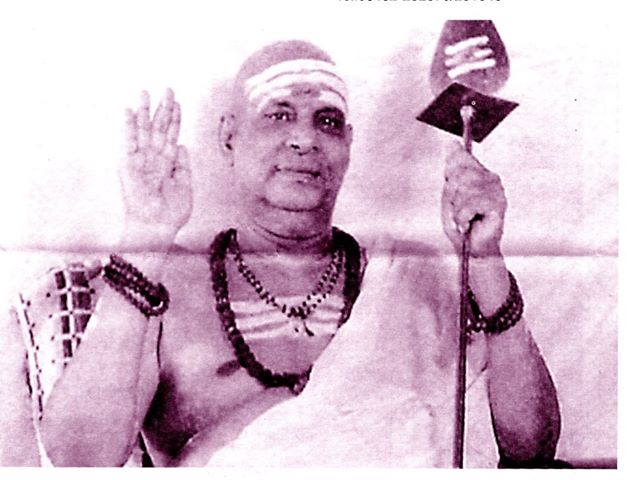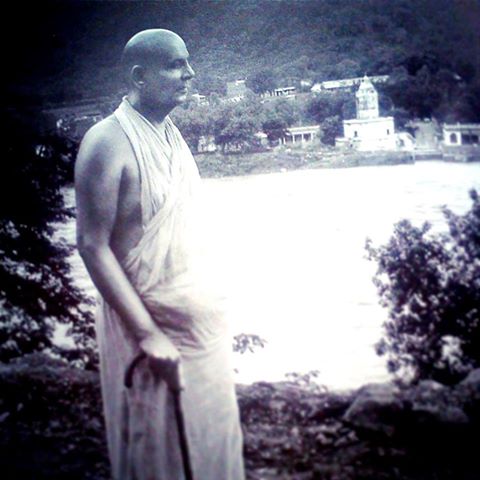 Vedānta is not a business. The highest teaching of Vedānta. The method of Vedānta: deliberate superimposition for the purpose of teaching and negation of this teaching in the end. Mutual superimposition. 3 identifcations: knower, doer, experiencer. adhyaropa and apavāda. Tat tvam asi. Role of the teacher. You are everything. Is samadhi necessary?
Vedānta is not a business. The highest teaching of Vedānta. The method of Vedānta: deliberate superimposition for the purpose of teaching and negation of this teaching in the end. Mutual superimposition. 3 identifcations: knower, doer, experiencer. adhyaropa and apavāda. Tat tvam asi. Role of the teacher. You are everything. Is samadhi necessary?
Making the knowledge of the self firm? How many jñānis are there?
More Vedanta Seminars you will find here.
More on Vedanta you will find here.
English Community, Blog, Seminars you will find here.
Podcast: Play in new window | Download
Subscribe: RSS









